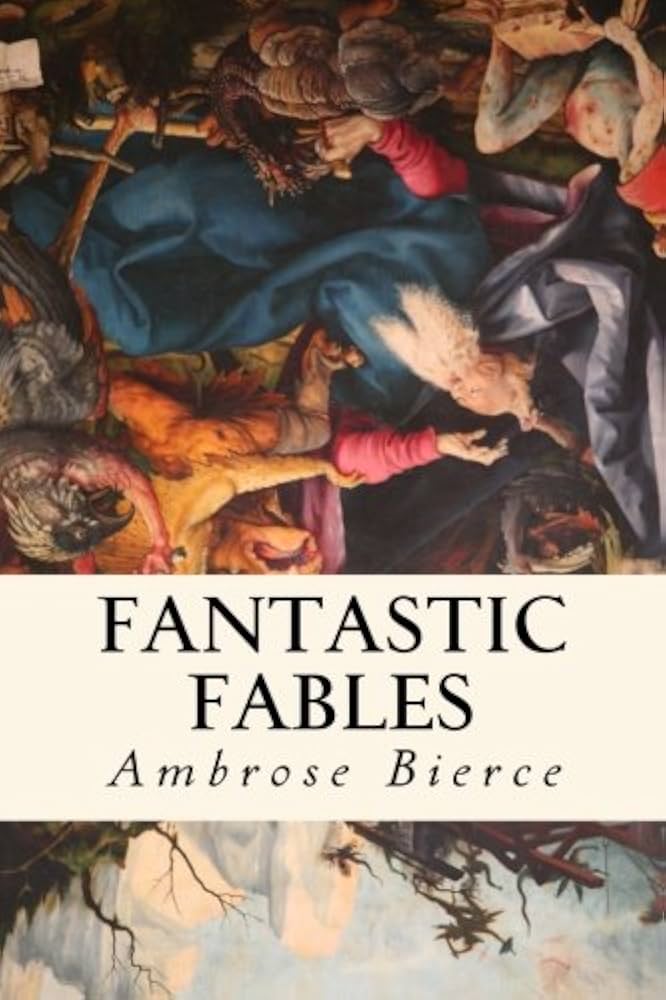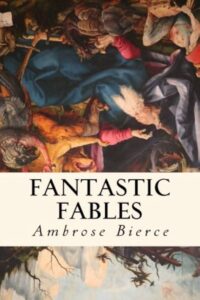The City of Political Distinction
byThe City of Political Distinction was a destination known not for its glory, but for the veiled trials awaiting those who dared approach. Jamrach the Rich, accustomed to privilege and profit, embarked with urgency, eager to reach it before dusk fell. At a critical junction, confusion set in. Seeking direction, he approached a Wise-Looking Person who offered the knowledge Jamrach needed—for a price. Although reluctant to part with even a coin, Jamrach paid, underestimating the true cost of his journey. The Political Highway stretched before him, seemingly smooth but layered with unseen tolls and intangible burdens. Each step forward chipped away at his pride, dignity, and wealth, but the promise of distinction urged him onward, even as the road’s edges blurred between farce and fate.
Soon after, a toll-gate halted his progress, manned by a Benevolent Gentleman who extended his hand not in welcome but for payment. Jamrach questioned the fee’s purpose, but it was explained that access to politics required more than ambition—it required submission, preferably voluntary, but always inevitable. His coin was accepted without thanks, and the gate swung open. Onward he walked, pondering how political distinction demanded one’s resources even before granting entry. Beyond the gate, the landscape shifted into abstraction, symbols replacing solid ground. A bridge spanned what appeared to be an invisible river, supervised by a Civil Engineer who declared it unsafe to cross without appropriate dues. Though there was no water, Jamrach complied, sacrificing more of his gold for passage over nothingness.
The trail eventually ended at a grim lake cloaked in fog and the scent of decay. A Ferryman awaited, indifferent to Jamrach’s hesitation. His vessel was no boat, and his service came not with oars but a rope. Jamrach, too stunned to protest, found himself dragged across the brackish waters, each moment eroding his sense of identity. The lake was thick with ink-like muck, clinging to his clothes, his skin, and eventually his soul. When he reached the opposite shore, a gray figure welcomed him: “You’ve arrived at the City of Political Distinction.” But what he saw was no city—it was a blur of shadows, where fifty million residents wore identical stains and unrecognizable faces. They had all paid the same fare in their own ways and, like Jamrach, could no longer remember what they were before.
The Ferryman turned his vessel without ceremony. Jamrach called out, insisting he wanted to return. His voice echoed faintly, swallowed by the mist. The Ferryman answered with a phrase that chilled the air more than the lake itself: “This is the Island of the Unreturning.” There would be no going back—not to wealth, nor to individuality. In seeking distinction, Jamrach had surrendered it. No crown or title awaited him here, only sameness, obligation, and the strange comfort of irreversible decisions. He now belonged to the masses, all once unique, now perfectly ordinary. His final payment had not been gold, but his former self.
Political distinction, in its truest form, emerges not from merit or brilliance, but from endurance through disillusionment and transformation. The satire of Jamrach’s journey exposes how public ambition often demands private erasure. The more one seeks status in systems built on compliance and image, the less one remains a person and the more one becomes a product. Every toll paid, every step taken, peels away authenticity until only a role remains—performed dutifully, indistinctly, among millions doing the same. The story cautions not against ambition itself, but against mistaking conformity for greatness. Like ink spilled on parchment, the deeper one goes, the harder it is to discern the lines that once made them who they were.


